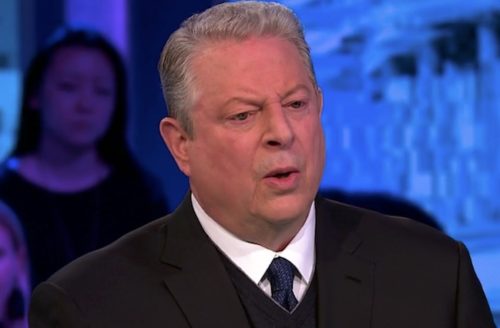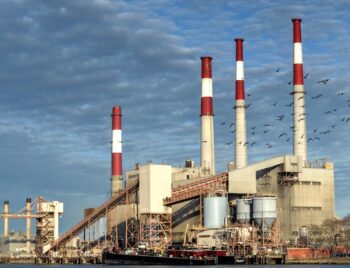In a hearing last month, the federal judge presiding over one of the climate liability lawsuits against energy companies in California poked more holes in the cities’ arguments, expressing skepticism over their narrative that fossil fuels are a “public nuisance,” instead of acknowledging that fossil fuels are a public necessity.
Specifically, the judge challenged the cities on their assertion that fossil fuel production amounted to a public nuisance – reminding the plaintiffs that everyone relies on fossil fuels in everyday life.
“We need to weigh in the large benefits that have flowed from the use of fossil fuels,” Judge William Alsup said. “There have been huge benefits.”
What kind of benefits?
“If we didn’t have fossil fuels, we would have lost that war (World War II) and every other war,” Judge Alsup added. “Planes wouldn’t fly. Trains wouldn’t run. And we’d be back in the Stone Age.”
Judge Alsup pointed out that fossil fuels have powered modern history. “We needed oil and fossil fuels to get from 1859 to the present. Yes, that’s causing global warming. But against that negative, we need to weigh-in the larger benefits that have flowed from the use of fossil fuels,” he explained.
How does Judge Alsup weigh the effects of fossil fuel use? “If I were using a balancing test, I would normally say we reaped a huge benefit from fossil fuels,” he asserted.
These are the benefits that have pushed federal and state governments to adopt historically friendly policies regarding fossil fuels.
U.S. and California law not only permits but specifically encourage fossil fuel production and use. The Energy Policy Act of 2005 specifies that:
“[I]t is the policy of the United States that . . . United States oil shale, tar sands, and other unconventional fuels are strategically important domestic resources that should be developed to reduce the growing dependence of the United States on politically and economically unstable sources of foreign oil imports.”
California’s Public Resource Code, meanwhile, declares it the “‘policy of this state’ to maximize fossil-fuel production.”
Judge Alsup made a similar point. “Didn’t Congress tell the people in Texas and everywhere else, ‘Get out there and drill for oil?’” he asked pointedly, reminding the court of the government’s longstanding support for increased fossil fuel production. “Every president I can remember says, ‘We’re going to achieve energy independence.’”
Statements like these reveal flaws in the cities’ public nuisance argument: not only do fossil fuels power our lives, but the government has actively encouraged – and indeed still is encouraging – their production and sale.
At the conclusion of the hearing, Judge Alsup charged both sides to submit a ten-page brief weighing the costs and benefits of fossil fuel use. But if his words last month are any indication, the plaintiffs may already be fighting an uphill battle.
Read more at EID Climate


















Time for the Greenpeace ship Rainbow Warrior II to spring so many leaks it sinks after all they also use Fossil Fuel just like we all do